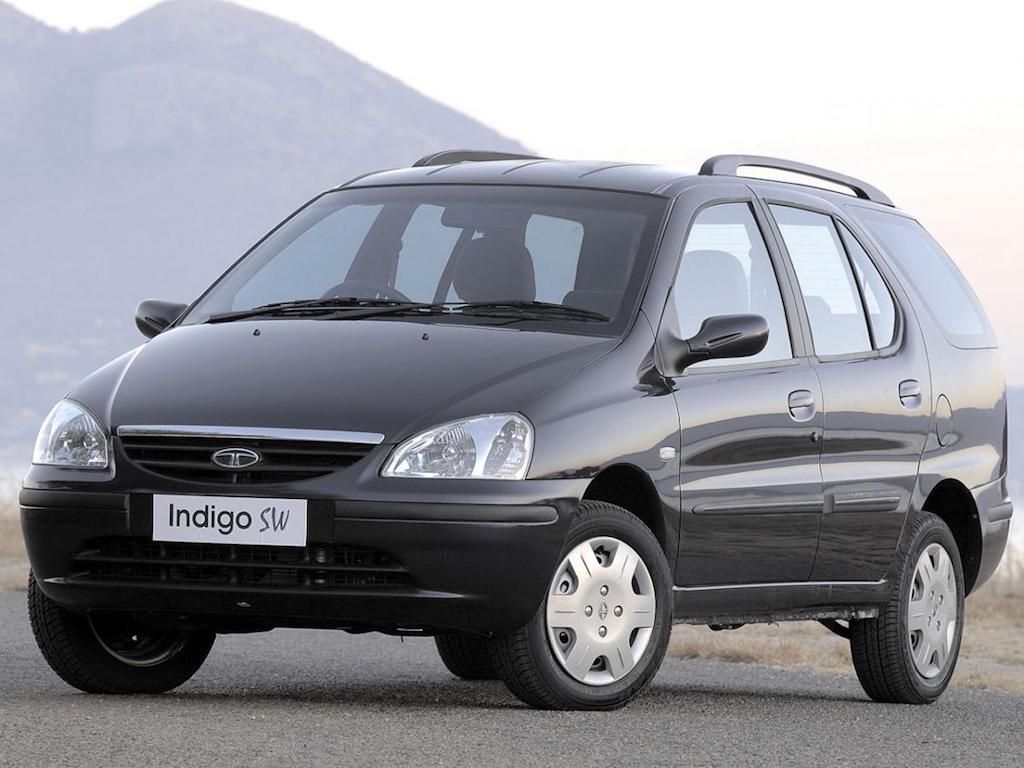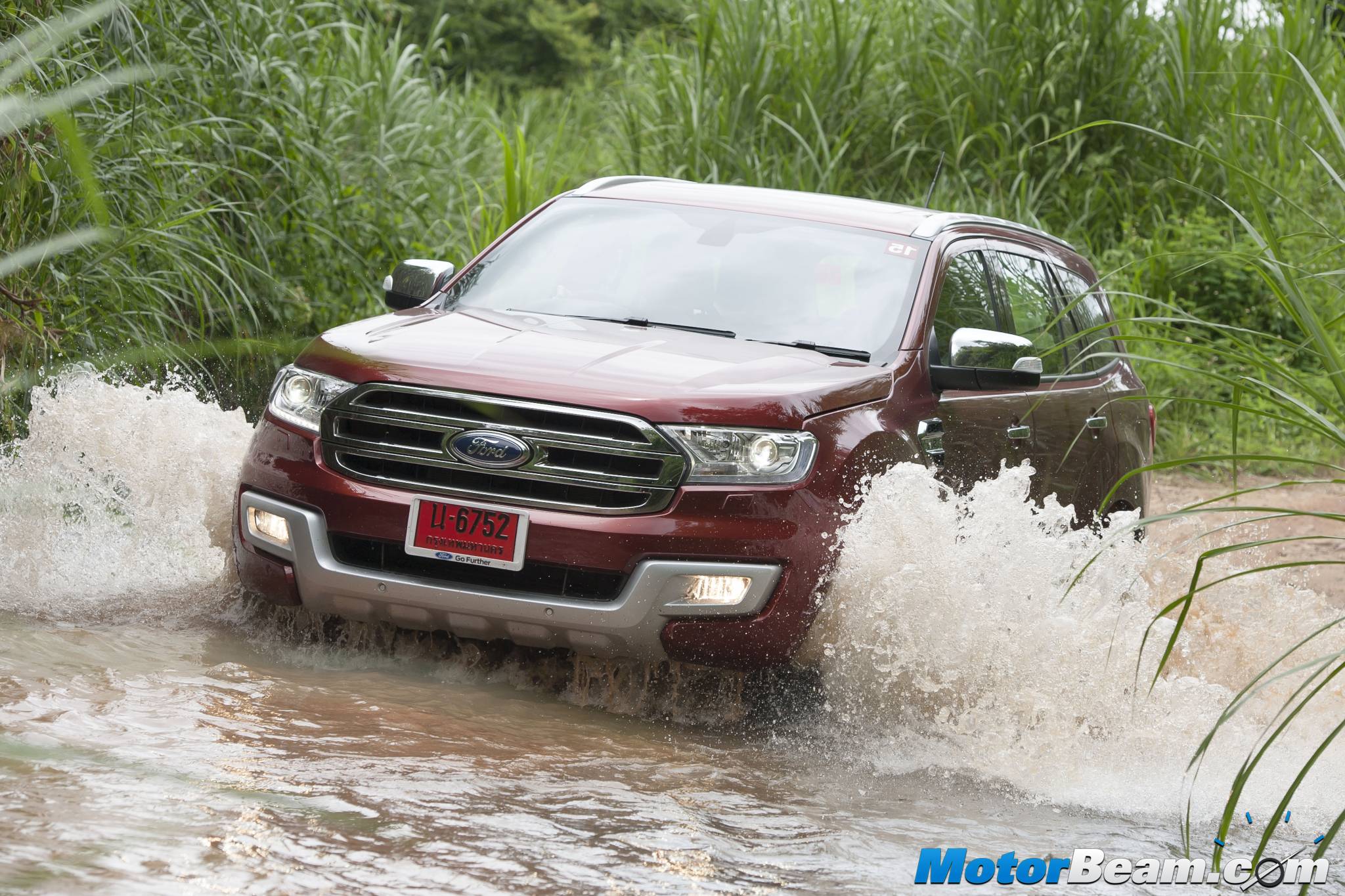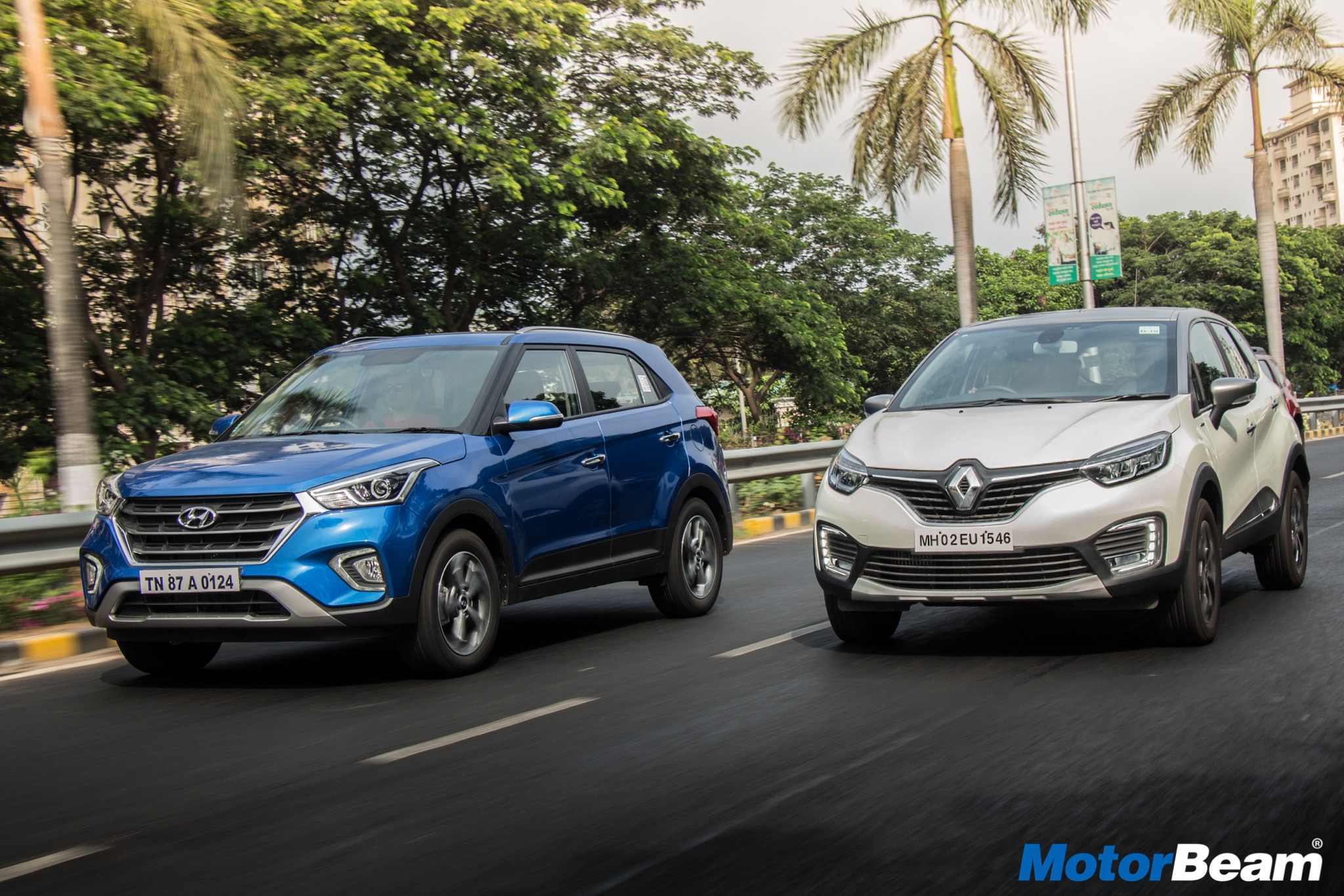
Chandigarh to stop ICE vehicle registrations by the end of this year
Chandigarh is set to implement a ban on the registration of non-electric vehicles. The Chandigarh Administration announced that registrations for fuel-based two-wheelers will cease by July, while registrations for four-wheelers will be halted by December, in line with the Electric Vehicle Policy 2022. This move aims to discourage the use of non-electric vehicles and apparently promote eco-friendly transportation.
The Electric Vehicle Policy was introduced by the Chandigarh Administration’s Department of Science and Technology and Renewable Energy in September 2022. The initial objective of the ban was to achieve a 10% reduction in four-wheelers and a 35% reduction in two-wheelers compared to the previous year. The targets for the current fiscal year, 2023-24, are even more ambitious, aiming for a 20% reduction in four-wheelers and a 70% reduction in two-wheelers.
To implement these targets, the number of two-wheelers eligible for registration this year has been limited to 6202, while the limit for four-wheelers is set at 22,626. As of now, 4032 two-wheelers and 2685 four-wheelers have already been registered since April.
The administration’s long-term plan is to completely halt the registration of two-wheelers by 2024, gradually decreasing the registration of four-wheelers as well.
Pradyuman Singh, the Director of Transport Chandigarh and the authority responsible for vehicle registration, stated that after reaching the registration targets for non-electric two-wheelers and four-wheelers, no further registrations for such vehicles will be permitted within Chandigarh. He expects the target for non-electric two-wheelers to be achieved by the first week of July, while the target for non-electric four-wheelers is expected to be met by the end of December.
The decision by the Chandigarh Administration has faced criticism from the Federation of Chandigarh Region Automobile Dealers Association. They argue that the government’s policy is forcing people to buy electric vehicles and will have a negative economic impact, affecting around 10,000 individuals. The association claims that the sudden ban will lead to dealership closures and bankruptcy for many two-wheeler dealers, resulting in significant job losses.
Furthermore, the association argues that the ban will not effectively reduce pollution as vehicles from outside states can still enter the city. They also claim that electric vehicles are expensive and unreliable compared to traditional petrol vehicles.
According to the Electric Vehicle Policy, the targets for electric vehicles vary each year. In the first year, the minimum achievable targets are 35% for e-two-wheelers and e-three-wheelers, 20% for goods e-three-wheelers and e-four-wheelers, 10% for personal e-cars, 40% for e-buses and 20% for commercial e-cars. These targets gradually increase over the subsequent years until, by the fifth year, the registration of all fuel-based two-wheelers, autos, and buses will be completely stopped.




